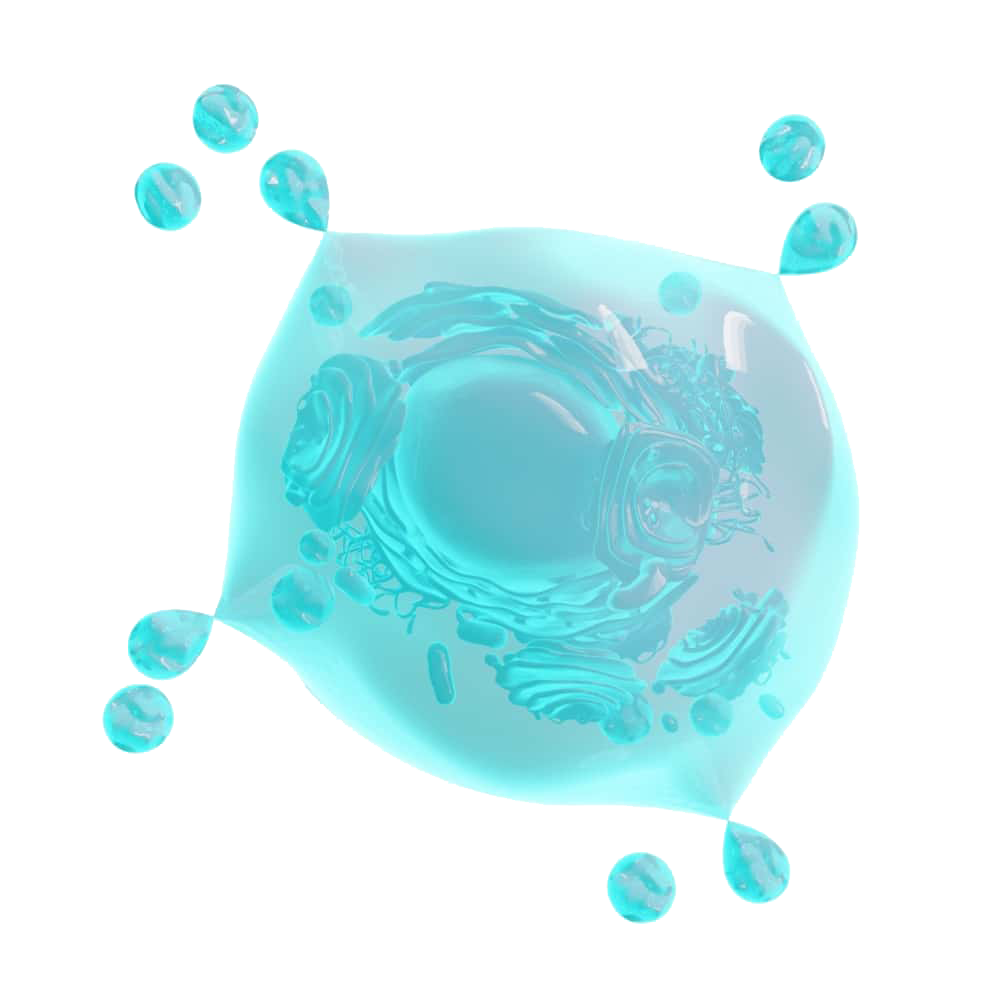We are developing placental exosomes (pEXO) as potential treatments that can deliver pro-regenerative factors that promote development of neural cells, blood vessels, and muscle.
– Xiaokui Zhang, PhD, Chief Scientific Officer
pEXO
Placenta-derived Exosomes
Exosomes are extracellular vesicles secreted by a variety of cells and contain diverse cellular components such as DNA, mRNA, microRNA, proteins, lipids, amino acids, and metabolites. Exosomes play a role in distant intercellular communication and regulate biological responses, hence favorable for developing therapeutics.
Exosomes secreted by the placenta are known to play key roles in maintaining maternal-fetal tolerance and fetus development during pregnancy. Exosomes isolated from the placenta may contain a broader spectrum of biological functions and therapeutic potential. We have developed methods to isolate and characterize exosomes from the human postpartum placenta (pExo).
pExo expresses characteristic exosome markers, including CD9, CD63, and CD81 and contains over a thousand different proteins and microRNAs that are involved in various biological pathways. pExo consists of many types of cytokines and chemokines and supports the proliferation of human primary cells from different organs and tissues.
Our pExo pipeline is being evaluated for the applications in regenerative and age-related diseases at the pre-clinical stage.

Exosomes—small, membrane-bound vesicles produced by every cell type tested—are increasingly being studied for their ability to deliver proteins, nucleic acids, and metabolites to target cells. We are developing placental exosomes (pEXO) as potential treatments that can deliver pro-regenerative factors that promote development of neural cells, blood vessels, and muscle.
– Robert J Hariri, MD, PhD
RESOURCES
ASEMV2019 ANNUAL MEETING, POSTER SESSION
Evaluation of Pro-regenerative Activities of Human Placenta Derived Exosomes